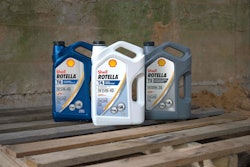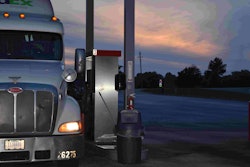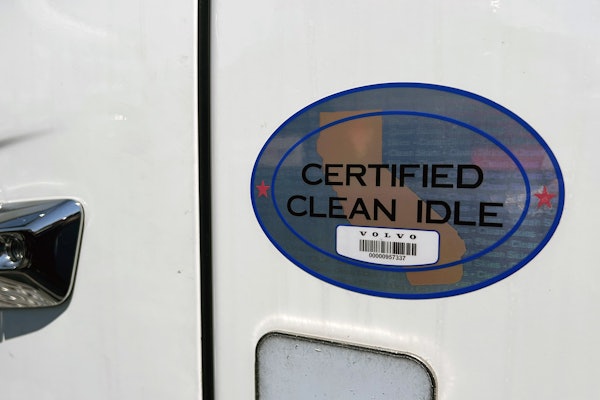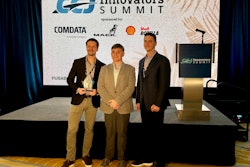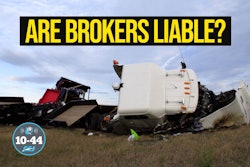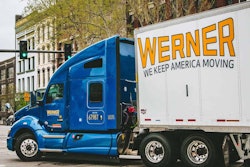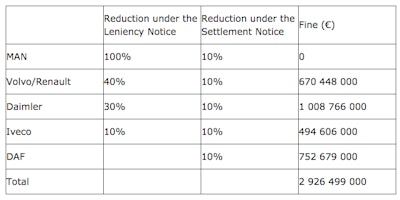
“In all, there are over 30 million trucks on European roads, which account for around three quarters of inland transport of goods in Europe and play a vital role for the European economy,” Commissioner for Competition, Margrethe Vestager said. “It is not acceptable that MAN, Volvo/Renault, Daimler, Iveco and DAF, which together account for around nine out of every 10 medium and heavy trucks produced in Europe, were part of a cartel instead of competing with each other. For 14 years they colluded on the pricing and on passing on the costs for meeting environmental standards to customers. This is also a clear message to companies that cartels are not accepted.”
MAN was not fined as it revealed the existence of the cartel to the commission.
All companies acknowledged their involvement and agreed to settle the case.
The infringement covered the entire European Economic Area (EEA) and lasted 14 years, from 1997 until 2011, when the commission carried out unannounced inspections of the firms. Between 1997 and 2004, the commission found meetings were held at senior manager level, sometimes at the margins of trade fairs or other events. From 2004 onwards, the cartel was organized via the truck producers’ German subsidiaries, with participants generally exchanging information electronically.
Over the 14 years the discussions between the companies covered the same topics, namely the respective “gross list” price increases, timing for the introduction of new emissions technologies and the passing on to customers of the costs for the emissions technologies.
In leveling of fines, the commission says it took into account the respective companies’ sales of medium trucks and heavy trucks in the EEA, as well as the serious nature of the infringement, the high combined market share of the companies, the geographic scope and the duration of the cartel.

